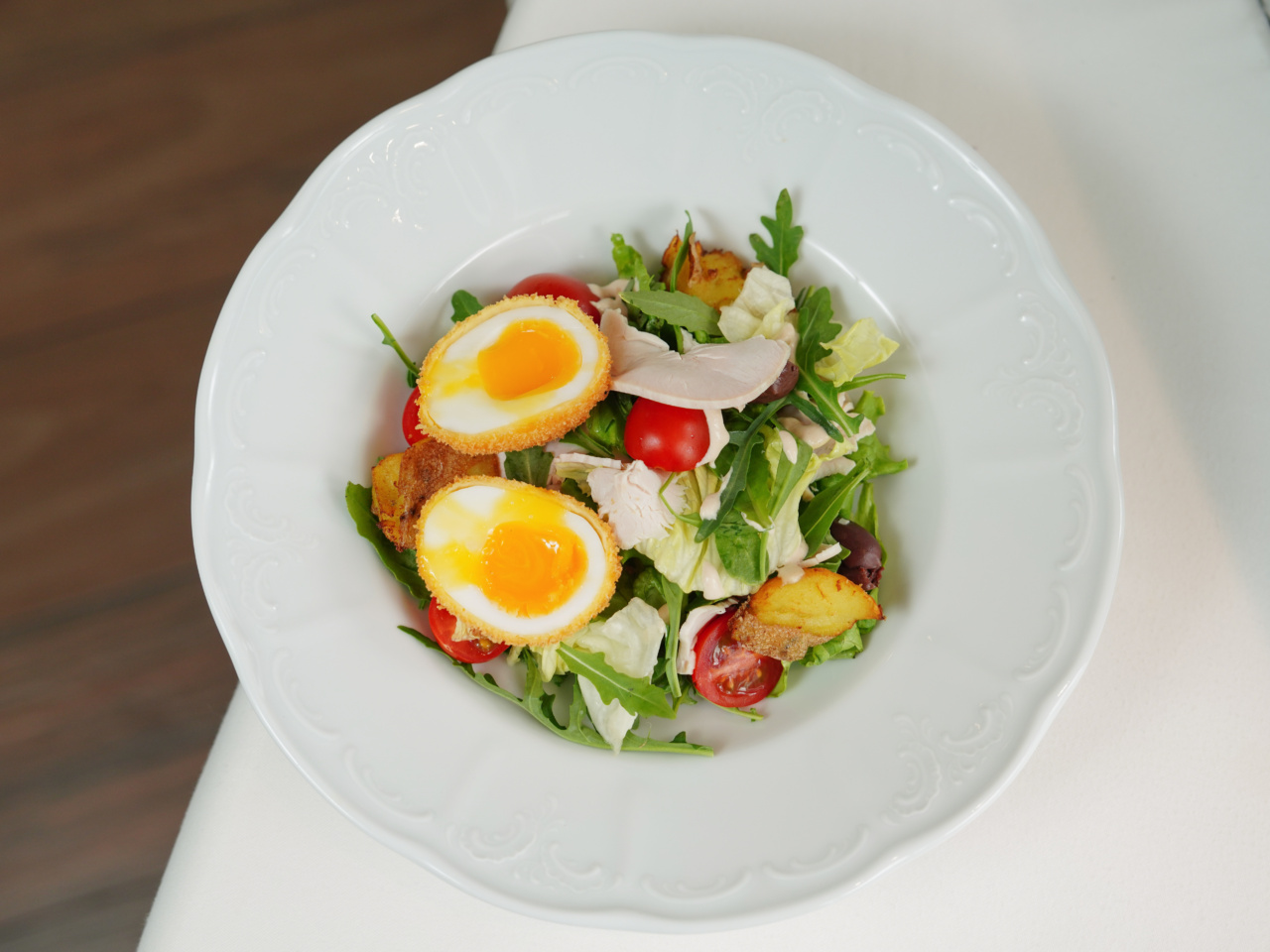Egg freezing is a revolutionary technique that has transformed the field of fertility preservation. This process allows women to freeze their eggs for future use, providing them with the opportunity to conceive later in life.
In recent years, there has been a significant increase in the number of women opting for egg freezing as a means to preserve their fertility. This article explores the various aspects of egg freezing and its potential to revolutionize the way we think about fertility.
The Process of Egg Freezing
Egg freezing, also known as oocyte cryopreservation, involves the extraction and freezing of a woman’s eggs.
The process begins with ovulation induction, where fertility medications are administered to stimulate the ovaries and facilitate the production of multiple eggs. Once the eggs are ready for retrieval, a minor surgical procedure known as egg retrieval is performed.
During the egg retrieval procedure, a thin needle is inserted into the ovaries, and the eggs are aspirated. This process is carried out under anesthesia, ensuring minimal discomfort for the patient.
The retrieved eggs are then vitrified or frozen using a cryoprotectant solution. The frozen eggs are stored in a specialized facility called a cryobank and can be preserved for an extended period.
Reasons to Consider Egg Freezing
There are several reasons why women may choose to undergo egg freezing:.
Delaying Motherhood
Many women today prioritize their careers and personal goals over starting a family. By freezing their eggs, they can delay motherhood without compromising their future fertility.
This provides them with the flexibility to focus on various aspects of their lives before considering starting a family.
Medical Reasons
For women who are diagnosed with certain medical conditions or need to undergo treatments that may affect their fertility, egg freezing offers a ray of hope.
Conditions such as cancer, endometriosis, or autoimmune disorders may require treatments like chemotherapy or surgery, which can damage the ovaries. By freezing their eggs beforehand, these women can preserve their fertility and have the opportunity to have genetic children in the future.
Protecting Against Age-Related Decline
As women age, the quality and quantity of their eggs decrease, increasing the risk of infertility and genetic abnormalities in offspring.
By freezing their eggs at a younger age, women can preserve the quality of their eggs, significantly reducing the chances of age-related fertility decline. This allows them to have a better chance of conceiving a healthy baby later in life.
Advancements in Egg-Freezing Technology
Over the years, significant advancements have been made in the field of egg freezing technology, making the process safer and more effective. Some of the key advancements include:.
Vitrification
Vitrification is a technique used to rapidly freeze the eggs, minimizing ice crystal formation and potential damage to the eggs.
This has significantly improved the survival rates of frozen eggs, resulting in higher success rates during the thawing and fertilization process.
Pre-implantation Genetic Testing
Pre-implantation genetic testing involves screening the embryos created from frozen eggs for genetic abnormalities before transfer.
This process helps identify healthy embryos with the highest chances of implantation and reduces the risk of genetic disorders in offspring.
Social Egg Freezing
With the increasing popularity and acceptance of egg freezing, some companies now offer it as a benefit to their employees. This allows women to freeze their eggs without bearing the entire cost, making it financially viable for more individuals.
Egg Freezing Success Rates
The success rates of egg freezing have continued to improve over the years.
The likelihood of success depends on various factors, including the woman’s age at the time of egg freezing, the quality of the eggs, and the expertise of the fertility clinic.
Generally, the younger a woman is when she freezes her eggs, the higher the chance of success. Studies have shown that women who freeze their eggs before the age of 35 have higher pregnancy rates compared to those who freeze them at an older age.
Future Directions
Egg freezing technology is constantly evolving, and researchers are continually exploring new methods and techniques to further improve its success rates. Some of the areas of research include:.
Innovations in Cryopreservation Techniques
Scientists are constantly striving to enhance the freezing and thawing processes to minimize potential damage to the eggs. This could involve further advancements in vitrification techniques or the development of novel cryoprotectant solutions.
Ovarian Tissue Freezing
In addition to freezing eggs, there is ongoing research into the freezing of ovarian tissue. This technique involves removing a section of the ovary and freezing it for future use.
This has the potential to preserve the entire ovarian reserve, offering more extensive fertility preservation options for women.
Improving Fertilization and Implantation Success
Researchers are also focusing on improving the techniques used for fertilization and implantation of frozen eggs. Innovations in assisted reproductive technologies are expected to further enhance the chances of successful pregnancies from frozen eggs.
Conclusion
Egg freezing has revolutionized the field of fertility preservation, offering women the opportunity to preserve their fertility and delay motherhood.
With advancements in technology and increasing acceptance, egg freezing is becoming a viable option for women looking to take control of their reproductive choices. As research in this field continues to progress, the future holds even greater potential for enhancing the success rates and further expanding the possibilities of egg freezing.































